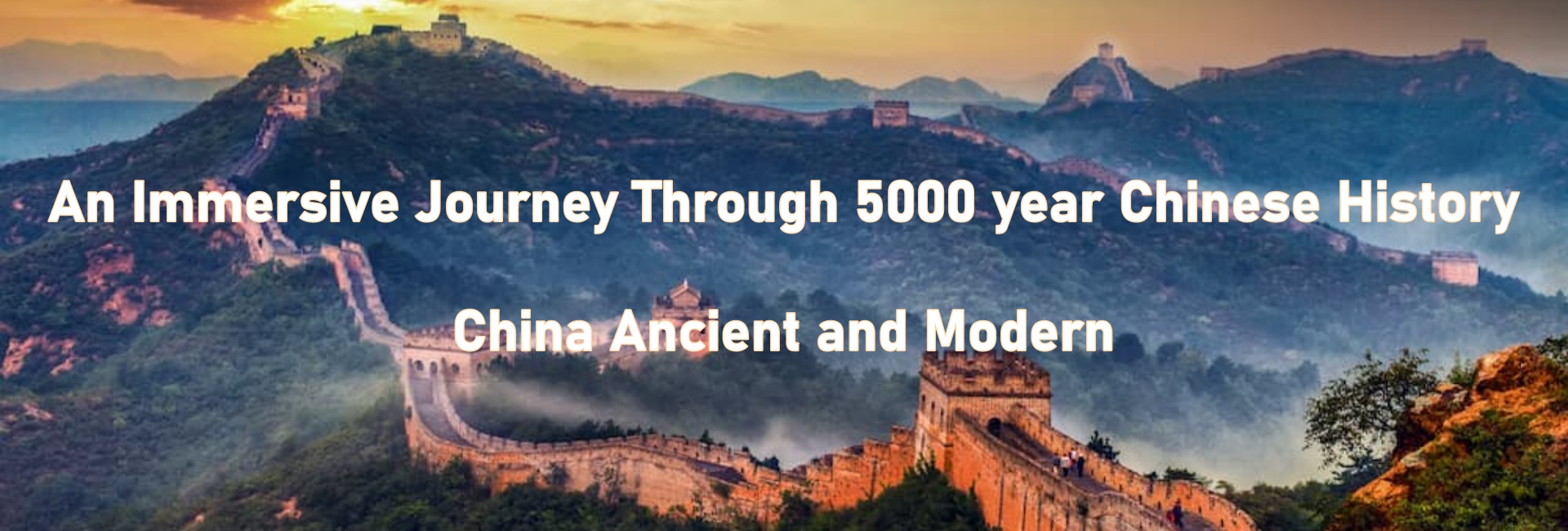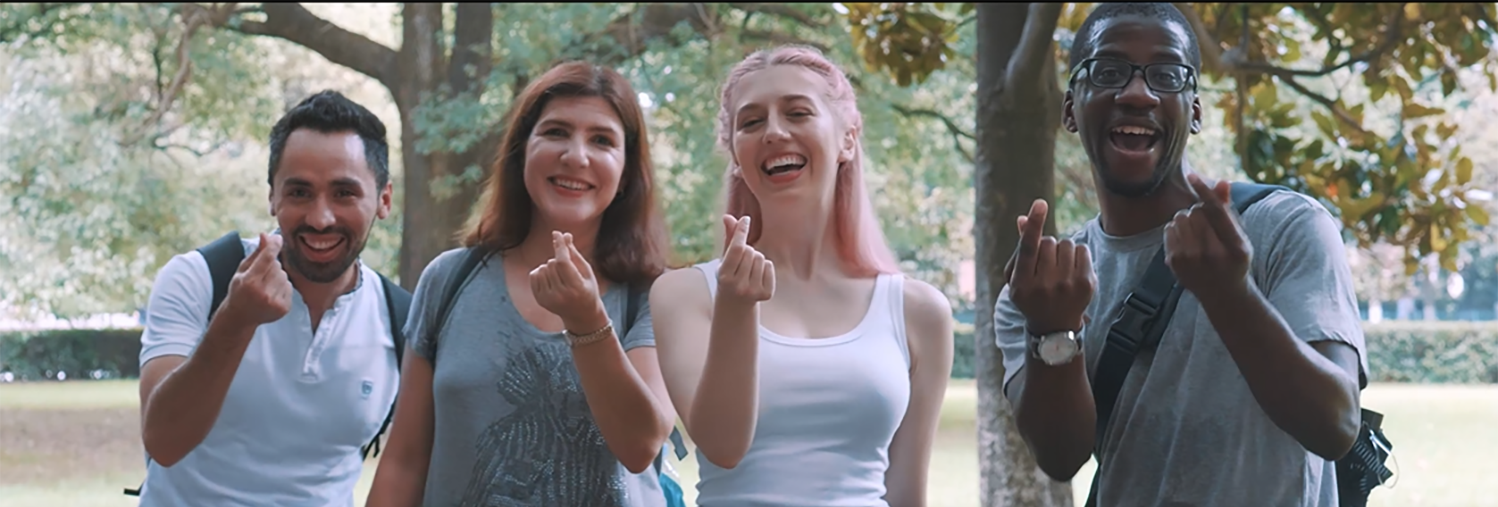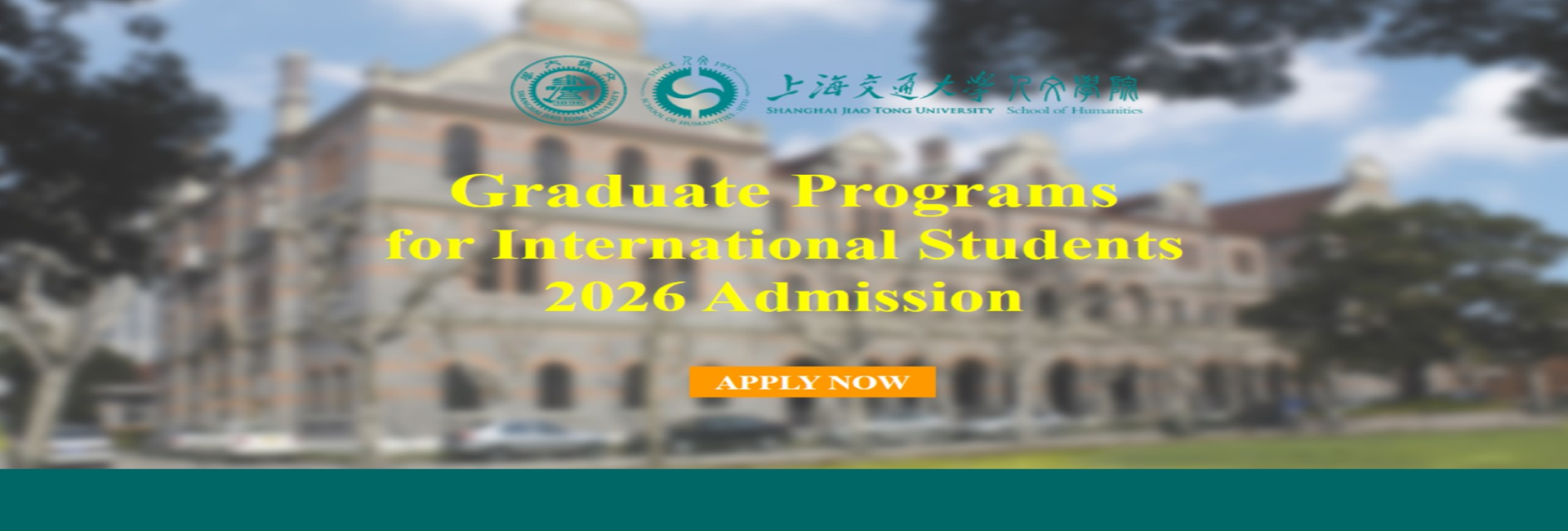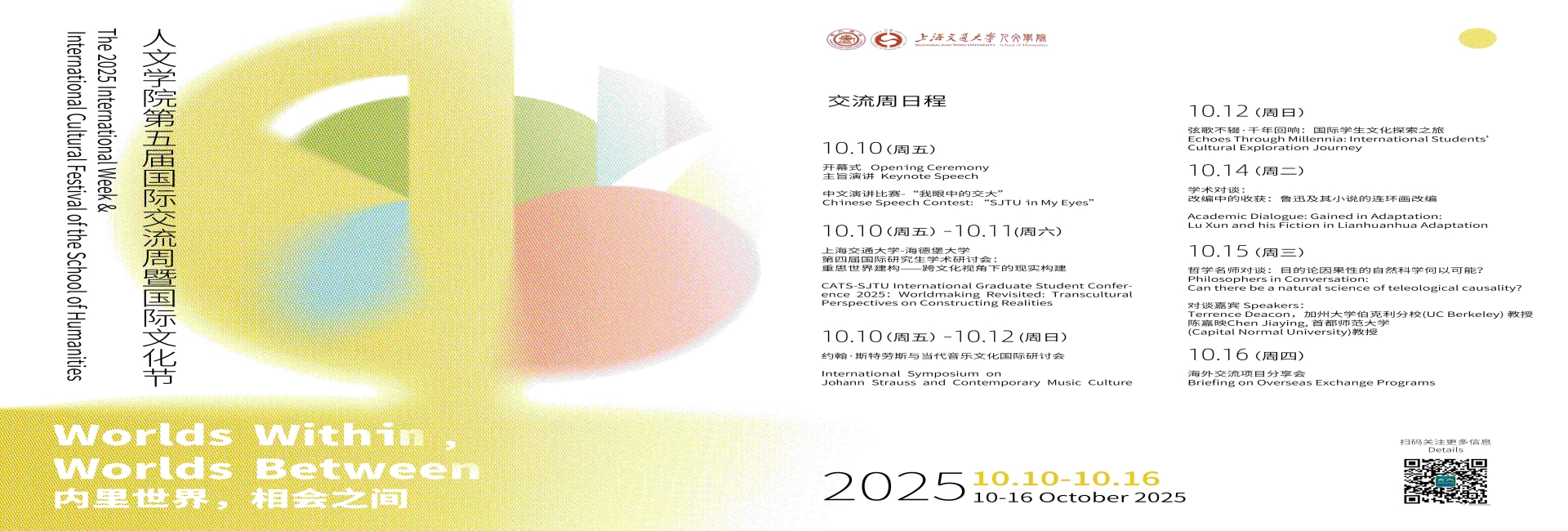English:
1. “The Commerce and Economy of Ancient China.” In Oxford Research Encyclopedia of Asian History. Oxford University Press, 2016—. Article published May 26, 2021. doi:https://doi.org/10.1093/acrefore/9780190277727.013.614.
2. “How to Enter a Royal Palace Legally? Information Gained from Newly Excavated Han Documents,” Journal of Asian History 53.1 (2019): 1-19 (A&HCI).
3. “The demand of Ordinary People for Justice in Early China”, Journal of Literature and Art Studies 2016.6:626-631.
4. “Revisiting the A.D. 28 Case from Juyan: How Was Civil Justice Different from Criminal Justice in Han China?” Journal of Asian History 47.1(2013):51-80 (A&HCI).
5. “The Legal Concept of Zhi: The Emphasis of Verification in Early China,”Monumenta Serica 59 (2011):1-16.
6. “A Note on Civil Cases in Early China,” Journal of the American Oriental Society 128.1 (2008):121-130 (A&HCI).
7. “Tang and Song Literature” and “Tang Song Religion and Philosophy”; on The Glorious Tang and Song Dynasties: A Resource for Educators. May 2006. Asian Art Museum, San Francisco.
8. Book Review on Philip Huang – Kathryn Bernhardt, Research from Archival Case Records: Law, Society and Culture in China, Monumenta Serica 63.1(2015):216-218.
Chinese:
1. “Sima Qiqn zhi nü wei canyu bachu Liu He” (The daughter of Sima Qian did not participate in the plan of dethroning Liu He), Zhongguo shehui kexue bao 2020.06.22.
2. “Chutu wenxian suo jian Qin luling xiaokao (An analysis of Qin law based on Excavated materials), Huazhong guoxue (Chinese Study in Central China) Vol. 13 (2019): 165-167.
3. “Changsha Wuyi guangchang Donghan jian suojian zao qi fangwu zulin jiufen anli yanjiu” (A study on house-renting disputes reflected in the Eastern Han records excavated from May 1st Square, Changsha), Shilin (Historical Review), 2019.6:36-42.
4. “Donghan shiqi huren yi shenru Changsha” (Indians in Eastern Han Changsha), Zhongguo shehui kexue bao (Chinese Social Sciences Today), 2019.09.19.
2. “Dong Han Linxiang Jiaozhi lai ke anli xiangkao” (A detailed study on the case regarding a Jiaozhi merchant in East Han Linxiang), Zhongshan daxue xuebao (Journal of Sun Yat-sen University) 2019.1:78-84.
3. “Cong Yangzhou xinchu xihan xun gou an shuoqi” (On the newly excavated Western Han dog-case from Yangzhou: dogs in the Qin and Han times), Shilin (Historical Review), 2018.2: 47-53.
4. “Shiji Canggong liezhuan tanwei:feichu rouxing yu Qi Wenwang zhi si” (Exploring the “Biography of Canggong” in Shiji: the Abolition of Mutilation Punishments and the Death of King Wen of Qi), Zhonghua wenshi luncong (Journal of Chinese Literature and History) 2018.1:101-124.
5. “Xifang Baizhanting diguo yu dizhi Zhongguo yanjiu de zhuanxiang: cong jiquan zhuyi dao defang zizhi” (A new trend in the Studies on Byzantium and imperial China in the West: from absolutism to local autonomy), Haiwai zhongguo xue pinglun (China Studies Review International), vol. 6 (2018):35-45
6. Changsha wuyi guangchang jian suojian Jiaozhi-Changsha shangdao (The Trade Routes from Jiaozhi to Changsha Observed in the Eastern Han Period Documents Excavated from the May 1st Square Site in Changsha), in Wang Jie ed.,Chutu wenxian yu falüshi yanjiu (Excavated Materials and the Study of Legal History), vol. 6 (2017):174-187.
7. “Qinhan zhongguo yu Luoma diguo bijiao yanjiu zonglun” (A survey on the comparative study between Qin-Han China and Roman Empire), Tangdu xuekan (Journal of Tangdu) 2017.5:109-113.
8. “Ti Ying heyi neng jiu fu: Han tianzi de ruan shili” (How could Ti Ying Save Her Father: The Soft Power of Han Emperors), Wenshi zhishi (Chinese Literature and History) 2017.8:102-108.
9. “Falü yu shichang: Qianjia shiqi Poyang huqu Cao Yang song’an yanjiu” (Law and Market: A Case Study on the Dispute Between Cao Clan and Yang Clan During the Reigns of Qianlong and Jiaqing in the Poyang Lake Region), Qingshi yanjiu (The Qing History Journal) 2017.1:106-118.
10.“Han Jin minshi sifa bianqian guance”(A Study on the Changes in the Civil Justice from the Han Dynasty to the Jin Dynasty), Huadong zhengfa daxue xuebao (Journal of East China University of Political Science and Law)2017.1:171-179.
11. “Zhongguo zuizao gu yifang” (On the Earliest Chinese Medical Prescription Discovered to Today), Tangdu xuekan (Journal of Tangdu) 2016.5:69-74.
12. “Gongzhong quanyi yu 17-18 shiji Jiangnan guanhe guanhu jiufen” (Public Interests and Disputes over Official Rivers and Lakes from 17th to 18th Century in Jiangnan), Zhongguo nongshi (Agricultural History of China) 2016.3:104-114.
13. “Fojiao yu Tanglu heli zhidu” (Buddhism and the Law of Consensual Divorce in Tang China), Huazhong keji daxue xuebao (Journal of Huazhong University of Technology and Science) 2015.5:41-47.
14. “Lun Han chu mingtianzhai zhidu de yige wenti: an juewei jicheng jiu hu tianzhai?” (On a Question regarding the Land and Estate Act of the Early Han), Zhongguo nongshi (Agricultural History of China) 2013.4:43-53.
15. “Han dai minshi susong xin lun” (A new study on the Han civil litigation), Huadong shifan daxue xuebao (Journal of East China Normal University) 2013.4:71-80.
16. “Lun Han dai chan sheng de neixingshi minshi jiufen jiejue jizhi” (A Study on the Introspective Method of Resolving Civil Disputes Emerged in the Han Dynasty), Huazhong keji daxue xuebao 2013.1:47-53.
17. “Ye cong Liye Qin jian tan Qin dai xiangsefu yu xiangshou: lun jiceng guanli de shuangtou moshi,” (An Alternative View on the xiangsefu and xiangshou in the Qin Dynasty Local Administration), Shilin (Historical Review) 2013.1:49-58.
18. “Min jia wanmin de eryuan jiegou yu yi tianxia wei yijia:Luoma fa yu Han fa de butong xintai” (The Different Mentality between Roman Law and Han Law), in Xifang fa yu guojia lilun jiqi dui Zhongguo de yingxiang (Western Legal and Political Thoughts and Their Influence on China), eds., Wu Yuzhang and Jiang Chuanguang (Beijing:Zhongguo fazhi chubanshe 2012), 328-343.
19. “Ping Han Wei falü yu shehui-yi jiandu wenshu wei zhongxin de kaocha” (An Review on the Law and Society in the Han and Wei dynasties-a Study Based on Bamboo-strip Documents), Zhongguo xueshu (China Scholarship) 32 (2012):393-401.
20. “Lishi chuanqi yu xinyang: Yuchi Jingde de gushi” (History, Legend, and Belief: the Three Faces of Yuchi Jingde), Haixia wenhua yichan (Cross-strait Cultural Heritages) 2009.3.
21. “Zhangjiashan Ernian lüling yu Fengsutongyi zhong liang ze anli de duidu” (Reading the Statutes of the Second Year from Zhangjiashan together with Two Stories from the Fengsu tongyi), Shilin (Historical review) 2009.4:127-131.
22. “Xi’an Beilin cang Ming Yu Zijun keshi santong” (Three Stele in Xi’an Beilin Museum Written by Yu Zijun of the Ming Dynasty), Xi’an Beilin Jikan (Bulletin of Xi’an Beilin museum) 5 (1998): 203-205.
23. “Guan yu Ma Lin muzhi zuozhe de guanzhi wenti” (The Official Title of the Author of Malin's Epigraph), Wenbo (Relics and Mausoleum) 1998.5:89-90, 93.
24. “Xi’an Beilin cang Song ren Tiji ji ze” (Some Inscribed Records of Song scholars in the Xi’an Beilin museum), Wenbo 1997.5:72-75 (co-author Tian Fubao).








